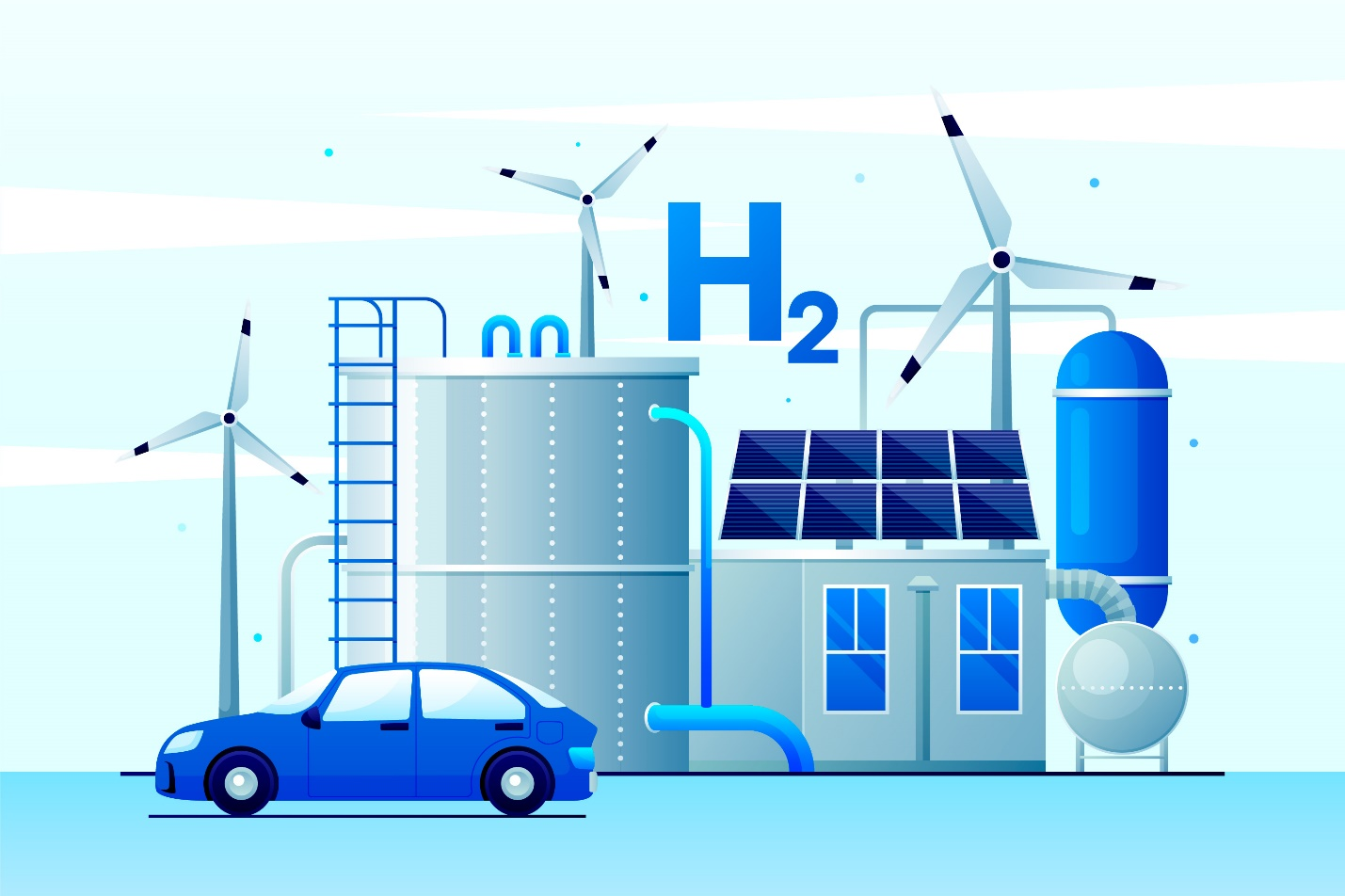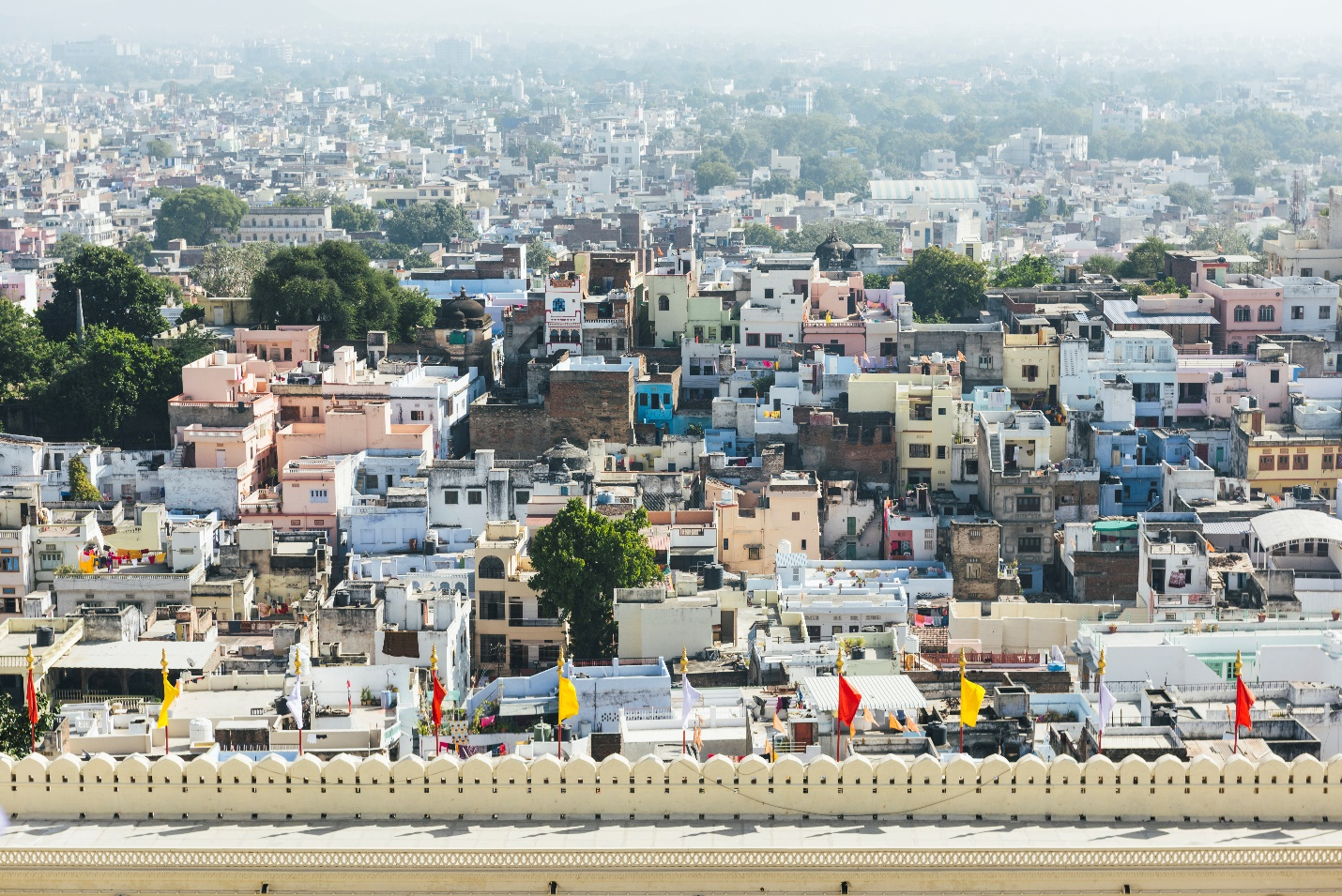Advantage India
Robust
Demand
* Indian automakers will launch nearly a dozen new EVs in 2025, focusing on premium models, as India’s EV sales rose 20% despite slowing global demand, with a 30% target by 2030.
* As of July 2025, India’s EV charging network has expanded rapidly, growing nearly fivefold from FY22 to early FY25. Public charging stations rose from 5,151 in 2022 to 11,903 in 2023 and reached 26,367 by early FY25, marking a strong 72% CAGR.
* Sales of electric vehicles (EVs) in India’s luxury segment rose by 66% YoY to 2,027 units during the first five months of 2025, up from 1,223 units in the same period of 2024, as per data from the VAHAN portal of the Ministry of Road Transport and Highways.
Opportunities
* Opportunity for the EV sector lies with the establishment of 1.32 million charging stations in India by 2030, requiring 4,00,000 installations yearly.
*Tamil Nadu is set to receive around Rs. 50,000 crore (US$ 5.84 billion) in EV sector investments by 2025, aiming to generate approximately 150,000 jobs.
*Union Minister of Commerce & Industry, Mr. Piyush Goyal, launched Bharat Mobility Global Expo 2025, outlining India's vision to lead in EVs and target Rs. 8,65,000 crore (US$ 100 billion) exports through innovation and cost-competitiveness.
*In June 2025, Union Minister for Road Transport and Highways, Mr. Nitin Gadkari announced that India is advancing hydrogen fuel cell trucks as a key solution to reduce emissions in freight transport, with foundational work already in progress.
Policy
support
*In Phase-II of the FAME India scheme, the Ministry of Heavy Industries (MHI) approved a capital subsidy of Rs. 800 Crore (US$ 96.13 million) to set up 7,432 Electric Vehicle Public Charging Stations (EVPCS).
*100% FDI allowed under automatic route for the auto components sector.
*The Ministry of Housing and Urban Affairs launched the PM-eBus Sewa Scheme on August 16, 2023, with a Rs. 20,000 crore (US$ 2.28 billion) support to deploy 10,000 electric buses through the PPP model. By July 31, 2025, 7,293 e-buses had been sanctioned across 14 states and 4 union territories.
*A 100% customs duty exemption was granted on 25 critical minerals, including lithium and cobalt, essential for EV battery production.
*On July 29, 2025, DPIIT signed an MoU with EV maker Ather Energy to boost India’s EV and manufacturing startup ecosystem. The partnership will support deep-tech startups with mentorship and infrastructure in areas like battery tech, vehicle manufacturing, and clean energy.
Investments
*India is emerging as a global hub for auto component sourcing and the industry exports over 25% of its production annually.
*India is on track to become the largest EV market by 2030, with rise in investment over the next five years.
*India’s auto component industry will see Rs. 25,000-30,000 crore (US$ 2.89-3.46 billion) investment in FY26 for capacity expansion and EV parts, after Rs. 15,000-20,000 crore (US$ 1.73-2.31 billion) in FY25, says ICRA
*According to Moody’s, in 2025, Indian carmakers are making major strides toward the future, investing around Rs. 85,420 crore (US$ 10 billion) in electric vehicles, lithium-ion batteries, and EV manufacturing to meet the rising demand.
*Vietnam’s EV maker VinFast has opened its first overseas plant in Thoothukudi, Tamil Nadu, marking its third facility globally. The project involves a phased investment of Rs. 16,000 crore (US$ 1.83 billion), with Rs. 4,300 crore (US$ 490 million) committed in the initial phase.
IBEF Campaigns
MORE
Aatmanirbhar Bharat Utsav 2024
Union Minister of External Affairs, Dr. S. Jaishankar and Union Commerce an...
Case Studies
MOREIBEF BLOG
MOREHow Green Hydrogen Will Shape Renewable Energy in India
Green hydrogen, a superior and a more sustainable alternative to fossil fue...
Cooperatives Rising: How Local Communities Are Shaping India’s Growth
The co-operative movement in India is a strong driving force of inclusive d...
India’s Aspirational Districts: Stories of Progress and People-Led Change
India’s Aspirational Districts Programme (ADP) was launched in Januar...











